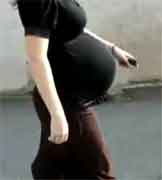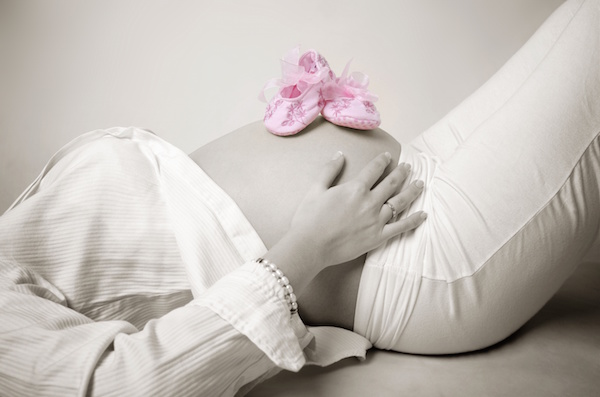
WEDNESDAY, July 21 (HealthDay News) — Women can drink a cup of coffee or one soft drink a day during pregnancy and not worry that it might put them at risk of miscarriage or preterm birth, according to new guidelines released by the American College of Obstetricians and Gynecologists.
The professional group issued the information from its Committee on Obstetric Practice, which reviewed studies on the topic before making a decision.
“Finally, we have good evidence to show that having a cup of coffee a day is fine and it poses no risk to the fetus,” said Dr. William H. Barth Jr., chairman of the committee on obstetric practice and chief of the division of maternal-fetal medicine at Massachusetts General Hospital in Boston.
They are talking about a reasonably sized cup of coffee or serving of soda, of course.
After the committee reviewed the published medical literature, they found no link between moderate intake of caffeine — defined as less than 200 milligrams (mg) per day — and either miscarriage or preterm birth.
The experts can’t say for sure whether caffeine intake during pregnancy restricts fetal growth. And they have no conclusion about the effects of higher levels of caffeine and miscarriage risk.
As for higher levels, “we just don’t know,” Barth said. “Some studies have suggested a higher rate of miscarriage with higher levels of caffeine; others not.”
To put things in perspective, an 8-ounce cup of brewed, drip coffee averages 137 mg of caffeine, according to the group, while an 8-ounce cup of instant coffee has 76 mg. A 12-ounce soft drink has 37 mg of caffeine and an 8-ounce cup of chocolate milk has 5 mg to 8 mg.
The committee’s opinion is published in the August issue of Obstetrics & Gynecology.
Another expert, Dr. Gene Burkett, a professor of obstetrics and gynecology at the University of Miami Miller School of Medicine, reviewed the same evidence as the committee and said the new opinion makes sense.
“If you take less than 200 milligrams of caffeine, it does no harm,” he said. “There is not data to suggest that a cup of coffee will hurt anyone.”
“Anything in moderation is reasonable, and I think one cup of coffee is moderate,” he said.
For the review, Barth and the other committee members found two recent studies that saw no significant increase in miscarriage risk with levels of caffeine intake at less than 200 mg daily.
They also found two large studies that looked at any relationship between caffeine intake and preterm birth, and neither found a link between moderate intake of caffeine and early delivery.
Miscarriage is defined as a spontaneous loss of a pregnancy before 20 weeks; most occur, experts say, because a fetus isn’t developing normally.
About 15 percent to 20 percent of pregnancies end in miscarriage, according to the group, and often within the first 13 weeks. Symptoms can include spotting or bleeding without pain, or heavy persistent bleeding with pain and cramping.
More information
To learn more about miscarriage, visit the American College of Obstetricians and Gynecologists.

